Table of Contents
Introduction: Celebrating Black Pioneers in Medicine
Over the centuries medicine has advanced due to the breakthroughs of people from diverse backgrounds and viewpoints. As it is Black History Month it seems fitting that we should discuss the significant contributions to medicine by black people despite facing challenges and discrimination.
Dr. Daniel Hale Williams: The First Successful Open-Heart Surgery
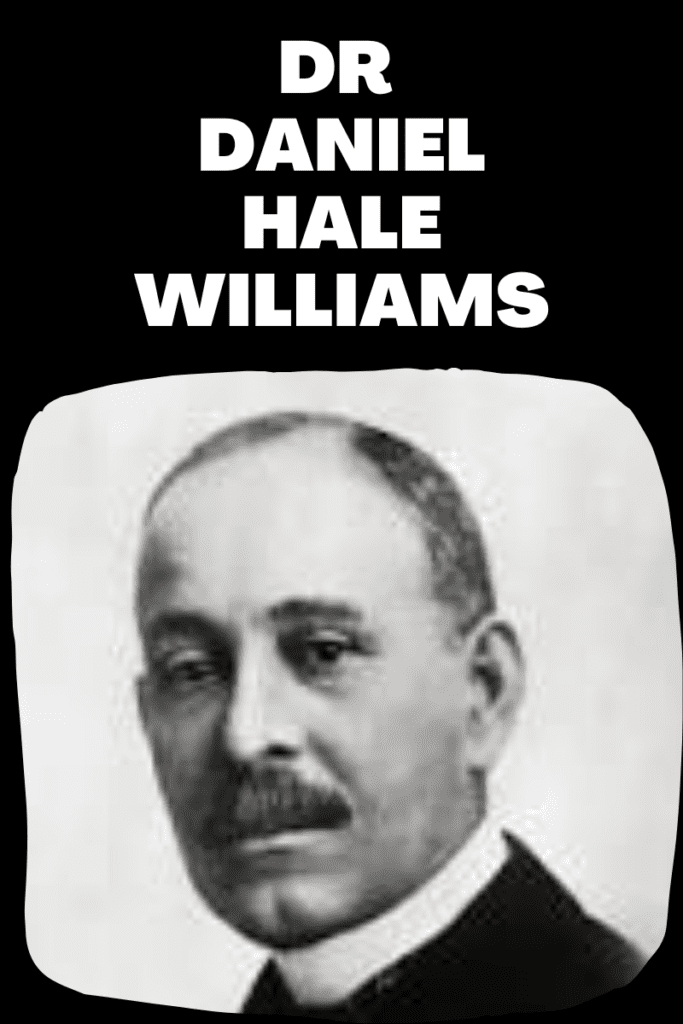
In 1893 at Provident Hospital in Chicago Dr. Daniel Hale Williams, an African-American surgeon, performed a lifesaving operation on a young man who had suffered a critical stab wound to his chest that had pierced his pericardium (the sac that surrounds the heart). This was the world’s first successful open-heart surgery. After this operation, Dr. Williams became a pioneer in cardiac surgery and not only laid the foundation for future heart surgery techniques he also founded the United States’ first interracial hospital and training school for African-American nurses.
Dr. Charles Drew: Revolutionising Blood Transfusions
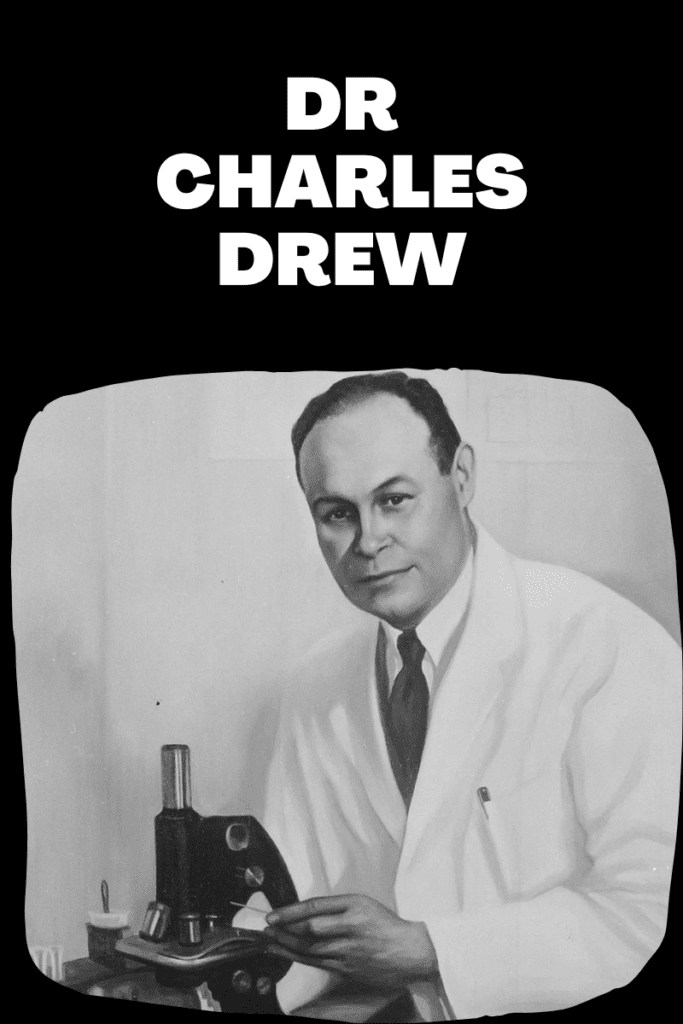
During World War II, Dr. Charles Drew played a vital role in developing techniques for transporting and storing blood which significantly improved the effectiveness of blood transfusion. He successfully managed the Blood for Britain Campaign during The Blitz. This saved countless lives during the war and led to the creation of blood banks. He was also the director of the American Red Cross Blood Bank. However, the US Military had a policy that blood from black people should be either excluded or segregated and therefore Dr. Drew could not even donate blood. He resigned from his position and went back to training black surgeons.
Vivien Thomas: Overcoming Barriers to Shape Heart Surgery
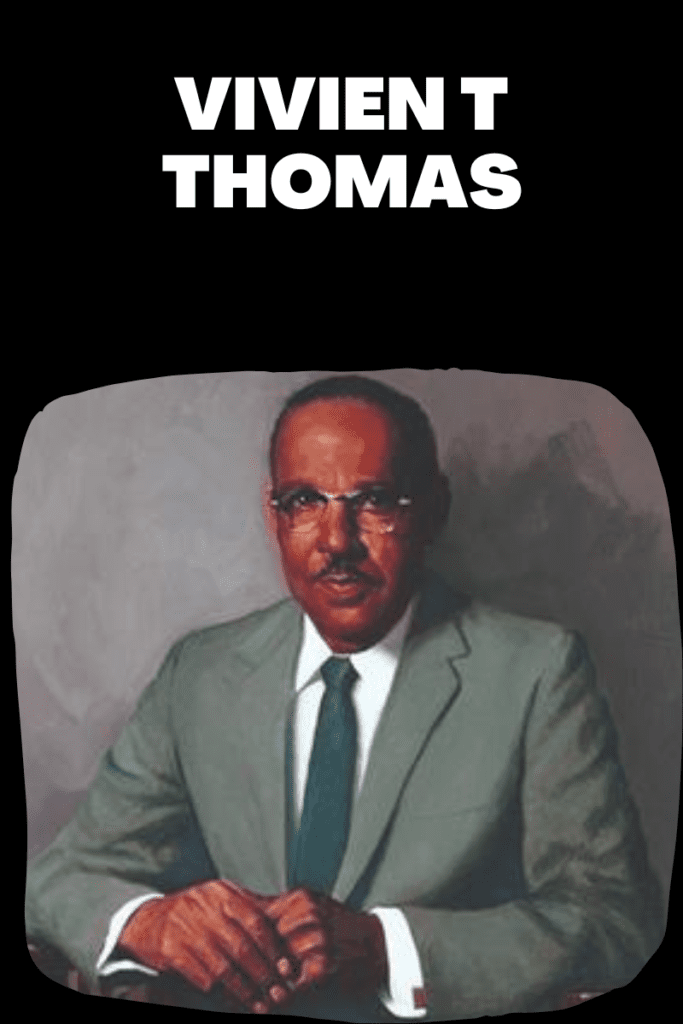
Vivien Thomas was a surgical technician who had a crucial role in creating techniques used in open heart surgery for congenital defects. In the face of racial discrimination and despite not having any professional experience or education, he remained dedicated to medicine and improving the lives of numerous children with congenital heart diseases.
Dr Patricia Bath: A Visionary in Ophthalmology
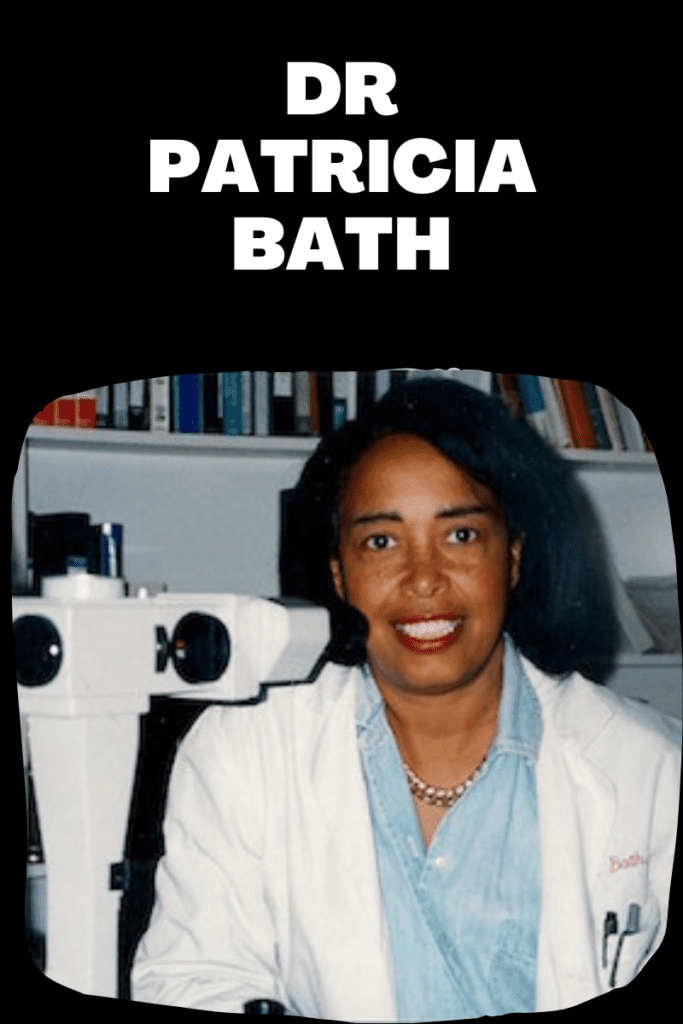
Dr. Patricia Bath was an inventor and ophthalmologist who invented the Laserphaco Probe. This transformed cataract surgery and meant cataracts could be removed without pain. She also noticed there was a high prevalence of blindness in the black community, and through research she found this was due to black people having less access to eye care services. Dr Bath set up community ophthalmology clinics which offered eye tests, and cataract and glaucoma screening. Visits would also be made to care homes. Dr. Bath’s work, on a worldwide scale, has significantly decreased the risk of blindness due to cataracts and other eye conditions.
Dr. Percy Julian: A Chemist Who Changed Medicine
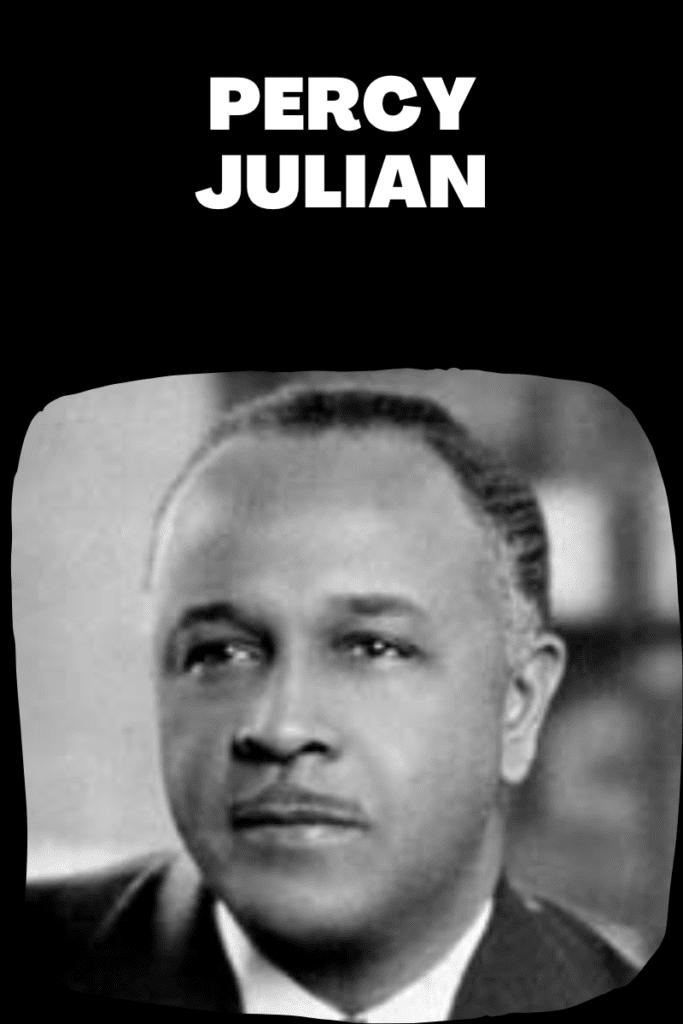
Dr. Percy Julian was a chemist whose groundbreaking work in medicinal chemistry resulted in the creation of important medications such as corticosteroids and cortisone which can be used to treat many conditions including the treatment of arthritis. His work set the foundations for the development of countless medications.
Dr. Rebecca Lee: Breaking Ground for Black Women in Medicine
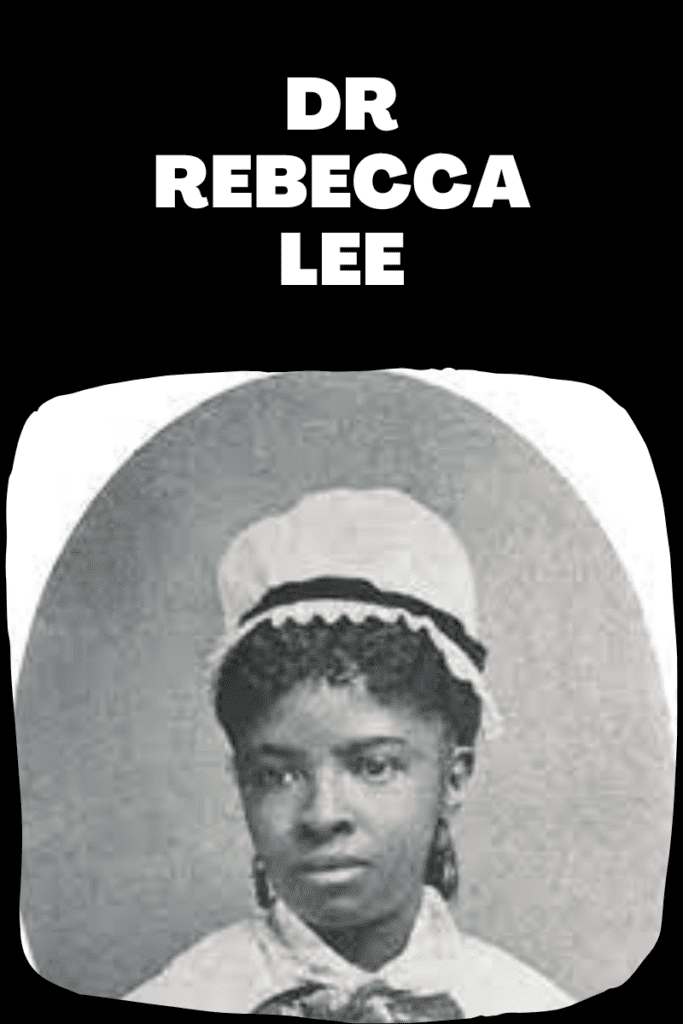
In 1864, Rebecca Lee became the first African-American woman in the United States to earn a medical degree and this opened the door for future generations of black women to enter medicine. Dr. Lee dedicated her life to delivering healthcare to underprivileged communities, particularly women and children. As a black female doctor myself, I find her story inspiring.
Conclusion: The Legacy and the Call for a Diverse Healthcare System
This is just a tiny list of people who have significantly contributed to Medicine. Despite considerable racial discrimination, they persevered, advanced the field of medicine, saved lives, and inspired many future generations of healthcare professionals. It is great to celebrate these contributions, but it would be a disservice to their memories and legacies if we do not acknowledge that we still need our healthcare system to be more diverse and inclusive. A great way to honour these pioneers is to continue to advocate for a more multicultural and equitable healthcare system.
References
Thank you
Thank you for Reading our Black History Month blog!
If you enjoyed reading this article, please check out our other Blogs
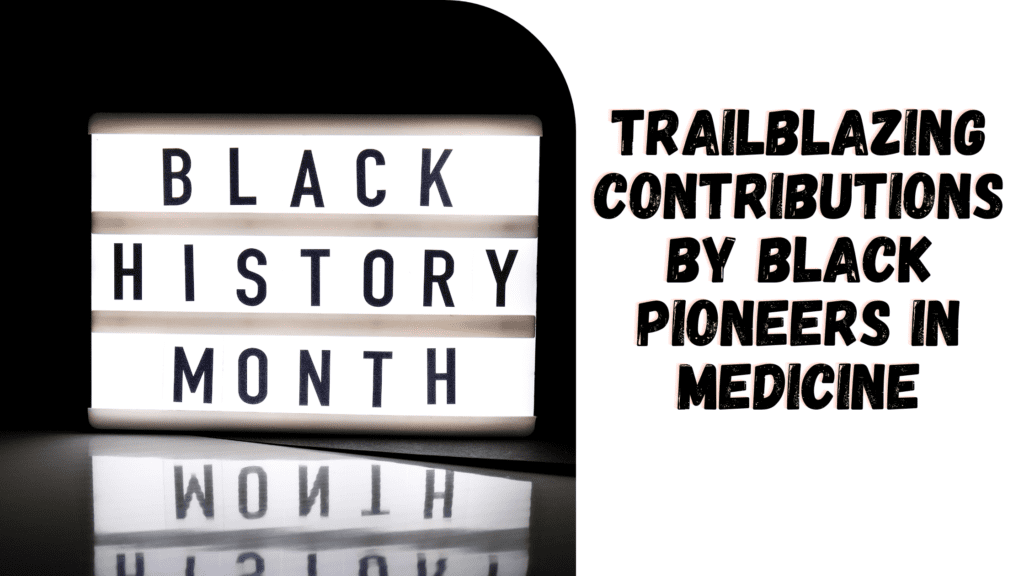






















































0 Comments